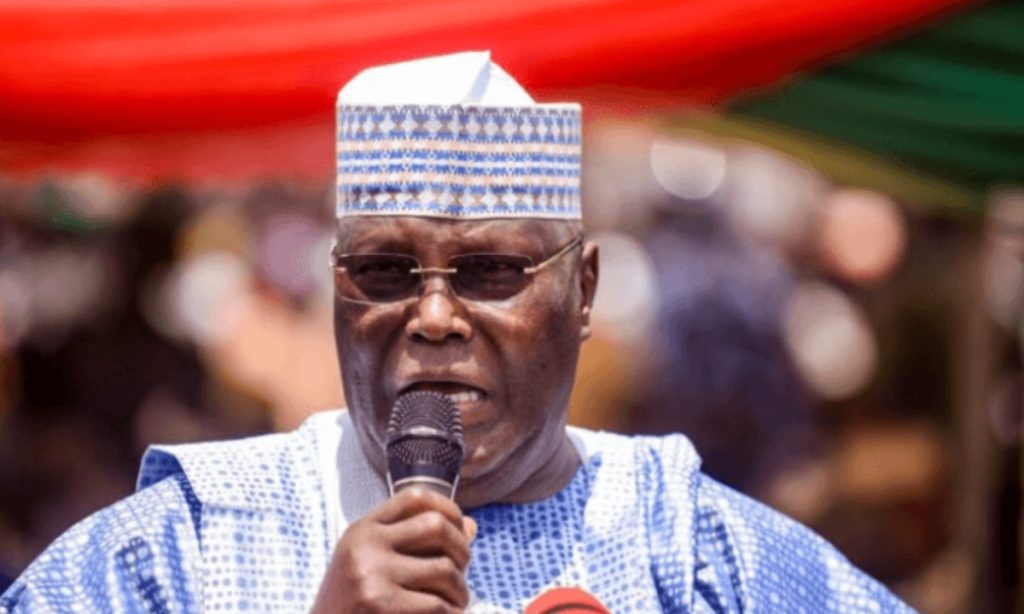Election Disappointment: Labour Party Candidate Accuses Party Members of Vote Selling
In a recent interview on Channels TV, Olumide Akpata, the governorship candidate of the Labour Party in Edo State, Nigeria, revealed that he lost the election due to party members selling their votes to other political parties. The election, which was held on Saturday, resulted in Monday Okpebholo of the All Progressives Congress (APC) emerging as the winner with 291,667 votes.
Akpata, who came third with 22,763 votes, blamed his defeat on poverty, stating that his supporters and even some Labour Party members sold their votes. He described the situation as a tragedy, emphasizing that the decision of electorates to accept cash in exchange for their votes was a valuable lesson.
"It’s a tragedy," Akpata said. "Some of my supporters stayed at home, but a large number of them sold their votes. We must look into this closely. They decided to go for cash. That was a big lesson to learn. I meant that if you think you know the people, you have to think again and look inward."
The Independent National Electoral Commission (INEC) announced the results of the election on Sunday. Monday Okpebholo of the APC emerged as the winner, defeating Asue Ighodalo of the Peoples Democratic Party (PDP) who garnered 247,274 votes.
Akpata’s statement highlights the growing concern about vote-buying in Nigerian elections. His comments also raise questions about the integrity of the electoral process and the accountability of political parties and their members.
As the world continues to watch Nigeria’s electoral process, Akpata’s words serve as a stark reminder of the importance of fair and free elections. The Labour Party candidate’s loss serves as a wake-up call for the party and its members to re-examine their electoral strategies and ensure that they prioritize the interests of their supporters.
In conclusion, Akpata’s accusation of vote selling among his party members underscores the complexity of Nigerian politics. The election outcome may be disappointing, but it presents an opportunity for the Labour Party to re-evaluate its approach and strive for greater transparency and accountability in the electoral process.



